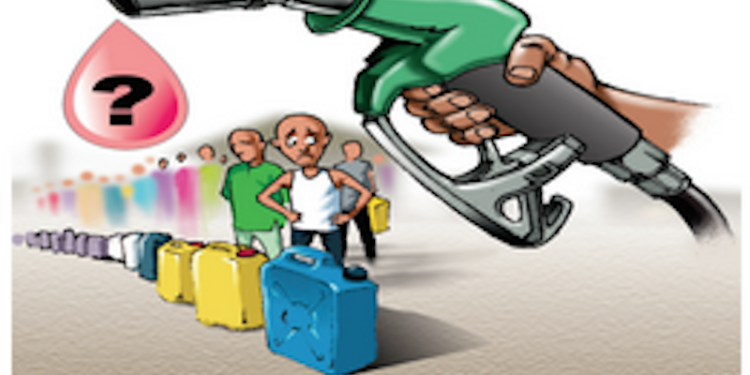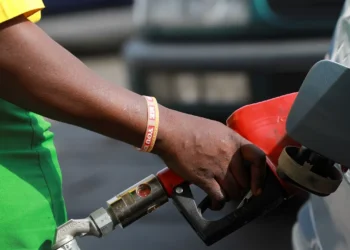In a landscape marked by shifting economic dynamics and policy changes, the pricing of petrol and the volatility in the foreign exchange market are causing a standstill among oil marketers, hindering their participation in importing the product into Nigeria. The controversy over the existence of petrol subsidies has resurfaced as market players navigate uncertainties.
Despite the implementation of reforms by the current administration, over 50 oil marketers were licensed to supply petroleum products following the removal of subsidies and the liberalization of the foreign exchange market last year, according to the Petroleum Industry Act (PIA).
However, RateCaptain reports that the pricing policies and market dynamics have led to a cessation in the importation of petrol by independent marketers. The Nigerian National Petroleum Company Limited (NNPC) has reportedly kept the pump price unchanged for months, creating challenges for marketers attempting to operate in a market-driven environment.
Marketers cited difficulties in breaking even, with the reintroduction of subsidies making it economically unviable to import the product. Additionally, FX volatility has left them vulnerable to financial losses.
The CEO of 11 Plc (formerly Mobil Oil Nigeria Plc), Tunji Oyebanji, emphasized concerns about unhealthy competition, noting that the NNPC’s monopoly as the sole supplier of petrol in the country goes against the principles of the Petroleum Industry Act. Oyebanji expressed the view that petrol prices are not reflective of true market dynamics, attributing the lack of competition to the NNPC’s dominance.
He further highlighted the challenge faced by independent marketers in accessing foreign exchange at competitive rates, leading to a reluctance to import petrol. This sentiment was echoed by other market players, noting that the NNPC’s insistence on selling at the current price acts as a disincentive.
In response to these developments, the NNPC CEO, Mele Kyari, acknowledged that some oil marketers withdrew from the importation of petrol due to challenges in managing price fluctuations. He assured that the NNPC is effectively managing the market, even as concerns linger about the lack of healthy competition.
The NNPC, responding to reports of clashes with oil marketers over subsidy payments, stated unequivocally that subsidy payment on petrol has been entirely removed by the federal government, contradicting insinuations of a reduction.
As the debate over fuel subsidies continues, and with the NNPC firmly holding its ground on pricing, the Nigerian fuel market remains in a state of flux, impacting both the economic viability of independent marketers and the broader dynamics of the petroleum industry.










